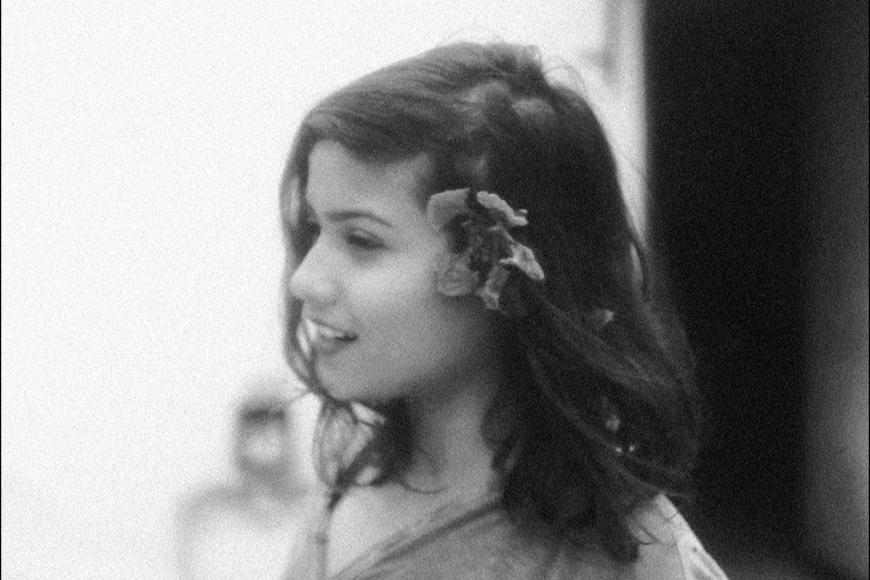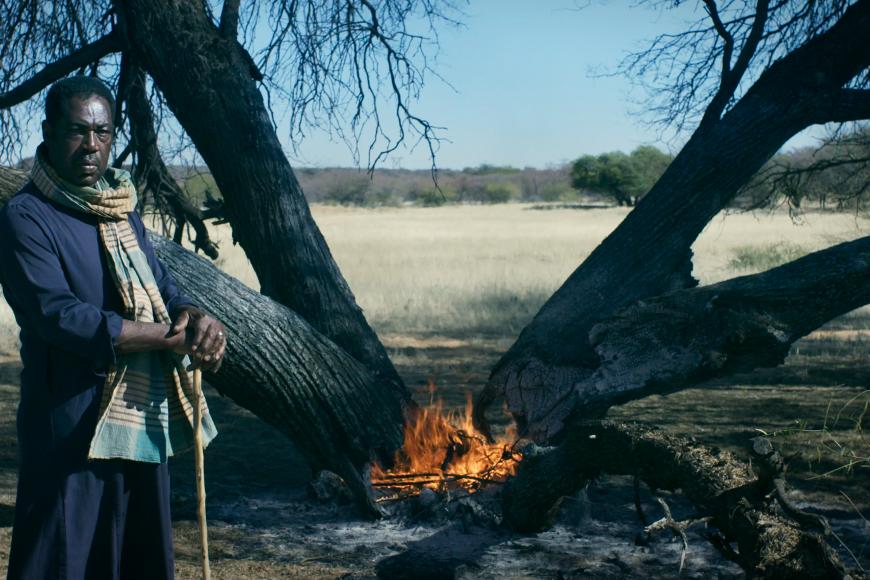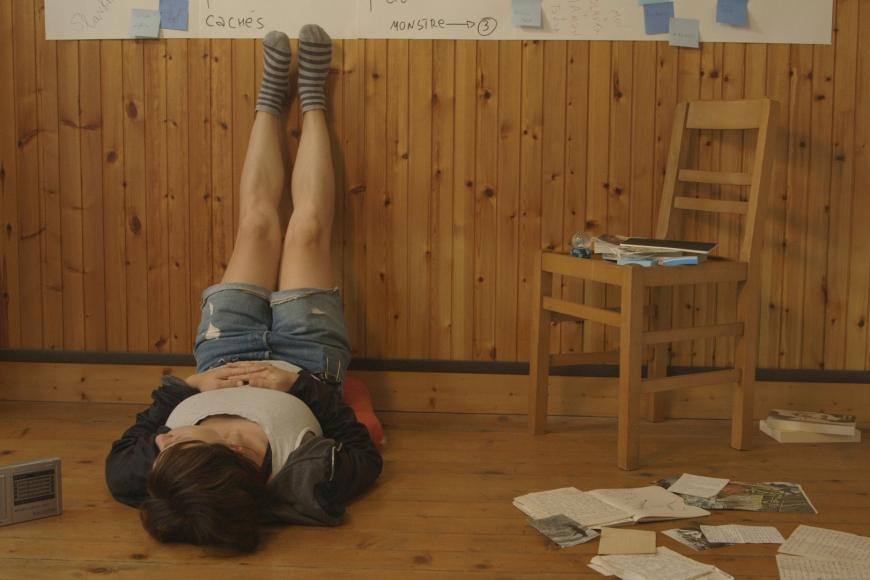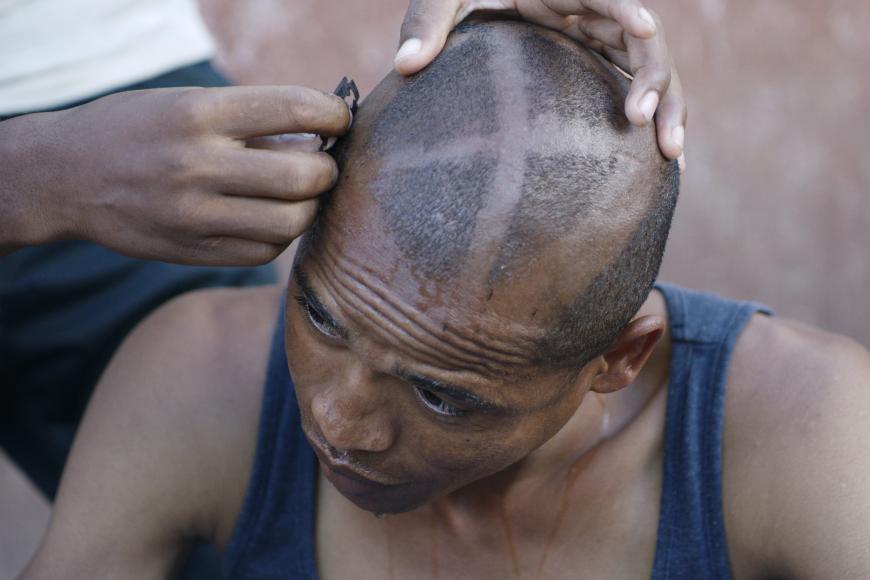A group of old men in an abandoned asbestos mining town on the edge of the Kalahari Desert resist evacuation. They have no place to go because they were once notorious as soldiers of the infamous South African Battalion 32, also known as “The Terrible Ones”. Both perpetrators and victims of history, they become actors in the biblical story of Judas Iscariot in Boris Gerrets’ equally disturbing and fascinating cinematic legacy.
The spectacle under a blazing sun confronts the men, who live in abject poverty, with their unresolved past. Many of them had been forcibly recruited by the FNLA and UNITA resistance movements in the Angolan War of Independence against Portugal. After the communist MPLA took power, they found themselves as mercenaries fighting alongside white South Africans against their own people and finally defending the Apartheid regime in the colonial struggle in Namibia and the South African townships. On the fringes of the surreal film location between the decaying buildings of the old mining town, they speak for the first time about their life stories, talk about betrayal, guilt and remorse. Having been steamrolled by global politics, turned into undesirables, exiles, forgotten, suppressed and broken men, they finally become visible again as human beings in front of the camera.
Christoph Terhechte







